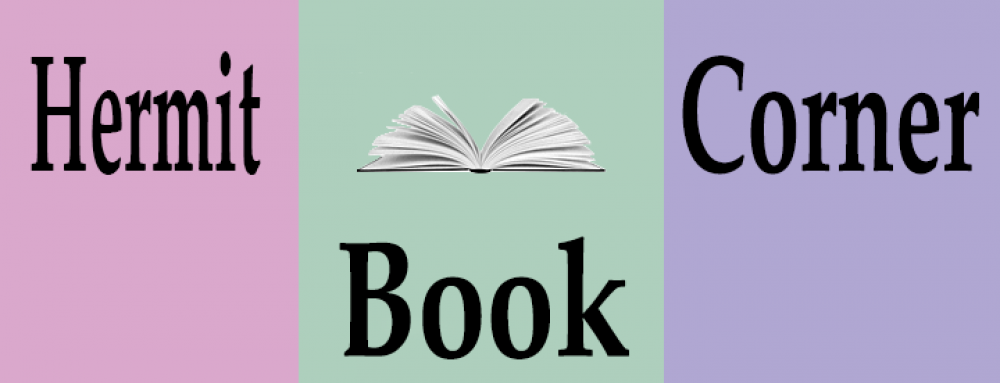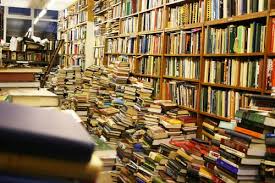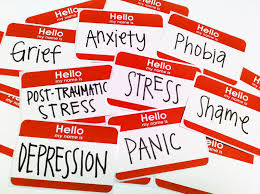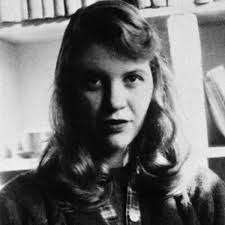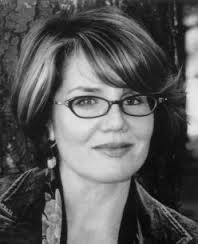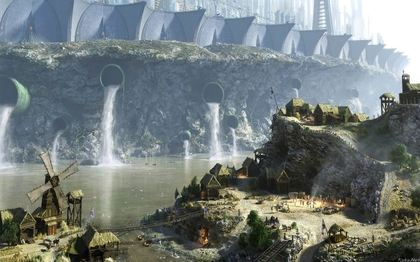In my apartment, I approximately have eleven shelves dedicated solely to books. Of course there are other unofficial areas where my books take up space. The dining room table. The window sills. The dresser. The rotunda. The closet. I even took a page from Rory Gilmore and kept books stashed under my bed. I lived in a space virtually dominated by books and while this ostensibly is a book hermit’s paradise; it wasn’t mine. Soon I discovered that most of the books I owned were books that I didn’t like, that were passed on to me by relatives and friends, or were books I said I would get around to reading but never did. Letting these kind of books reside in your home, especially if you live in a small place like mine, is no way to live or for that matter, is one of the worst thing you can do with your books.
I get it. We all want that expansive library in our someday house. We want books wall-to-wall in our tinted Victorian house in the woods next to a serene lake, but I can honestly say that after donating the books that I didn’t feel anything for or that didn’t do anything for me that my someday Beauty and the Beast library will copiously have all the books that I love. So why do so many of us hold onto books that we’re indifferent to? Is rampant consumerism to blame?
Many of us when we purchase our books, whether it’s from a book store, online, or a thrift store, are making a financial investment. One or two books maybe doesn’t add up, but when you’re buying a book on a weekly basis, you’re spending as much as you would if you were to buy a Starbucks’ Pumpkin Spice Latte everyday, and that’s assuming that you have enough will power to only buy one book. I don’t even have to mention how crazy expensive book hauls can be if you’re not shopping smart. For many of us, we’re not discarding books because of their price.
Letting go of our books can be very hard. We’re sentimental about them. Reading stories is candy to us and books are obviously a gateway to the candy factory. So when it comes to letting go of a certain book, it triggers the emergency brake in our hearts. At one time, we emotionally invested ourselves in that particular book and just as book veterans know, there are no guarantees. Some books just weren’t meant to be.
Yet when it comes to letting that book go, we fight like hell to keep it. We suddenly morph into social workers and lawyers advocating for the book’s refuge.
The excuses vary. With me, the sheer volume of books was a front I liked to have in my place. It acted as castle, my armor. Without the mass of books, I tended to feel vulnerable. I thought without the books around me, I wouldn’t have anything to go to when I sunk into a Low or when I had nothing to preoccupy my mind. To spare you from a rather long psychoanalysis session, I learned that I simply didn’t need all those books. Even when I suffer a Low, or when I wanted a new book to read, I rarely every reached out to my book shelf. When I did, it was to pick up a book that I loved. Any other time, I’d go to the library. Keeping every book you’ve ever purchased or found may seem impressive to the naked eye, but what are those books actually doing besides taking up space?
What’s more is the problem with keeping the books you dislike or the ones you’ll probably never read. It’s a disservice to books. It’s their purpose to be read and not just one time, but again and again. Keeping these kinds of books significantly hinders this process.
So do them a favor. Donate them. Free up some room in your living quarters. And there are plenty of folks and organizations who’ll be glad to take them.
It’s time to take a hard look at yourself and your books. This last weekend, I donated forty books to a local organization. I’m not saying it was easy sifting through my books, determining which should stay and which should go. These included the books I didn’t like, relative/friend pawned-off books, and books I know I’ll never get around to reading. If the urge does arise, there’s no need to panic. I can always go to the library.
And by the time you’re finished and done, your shelves may look a bit naked, but now you have the space again to fill them up with the books you really love.
